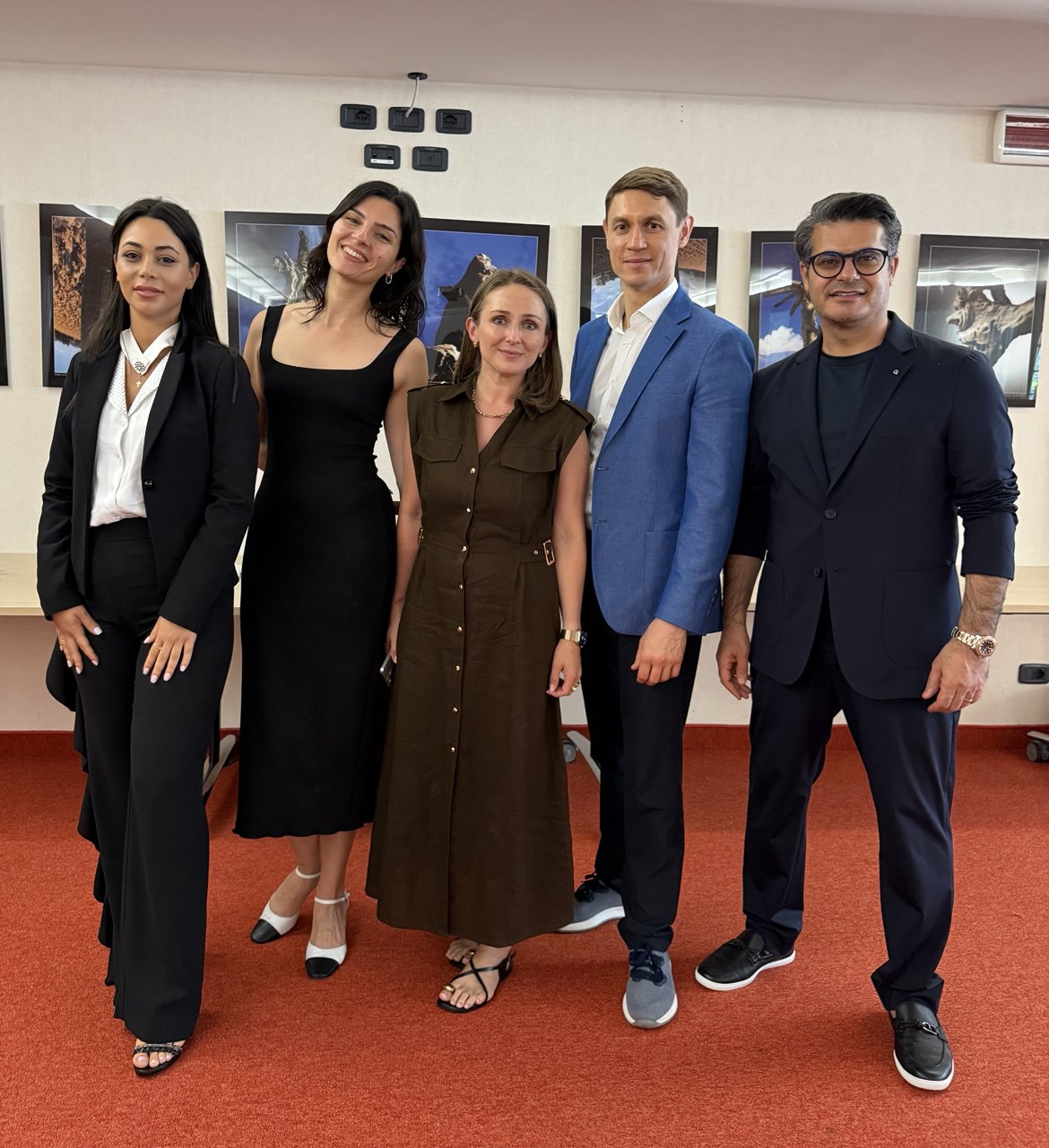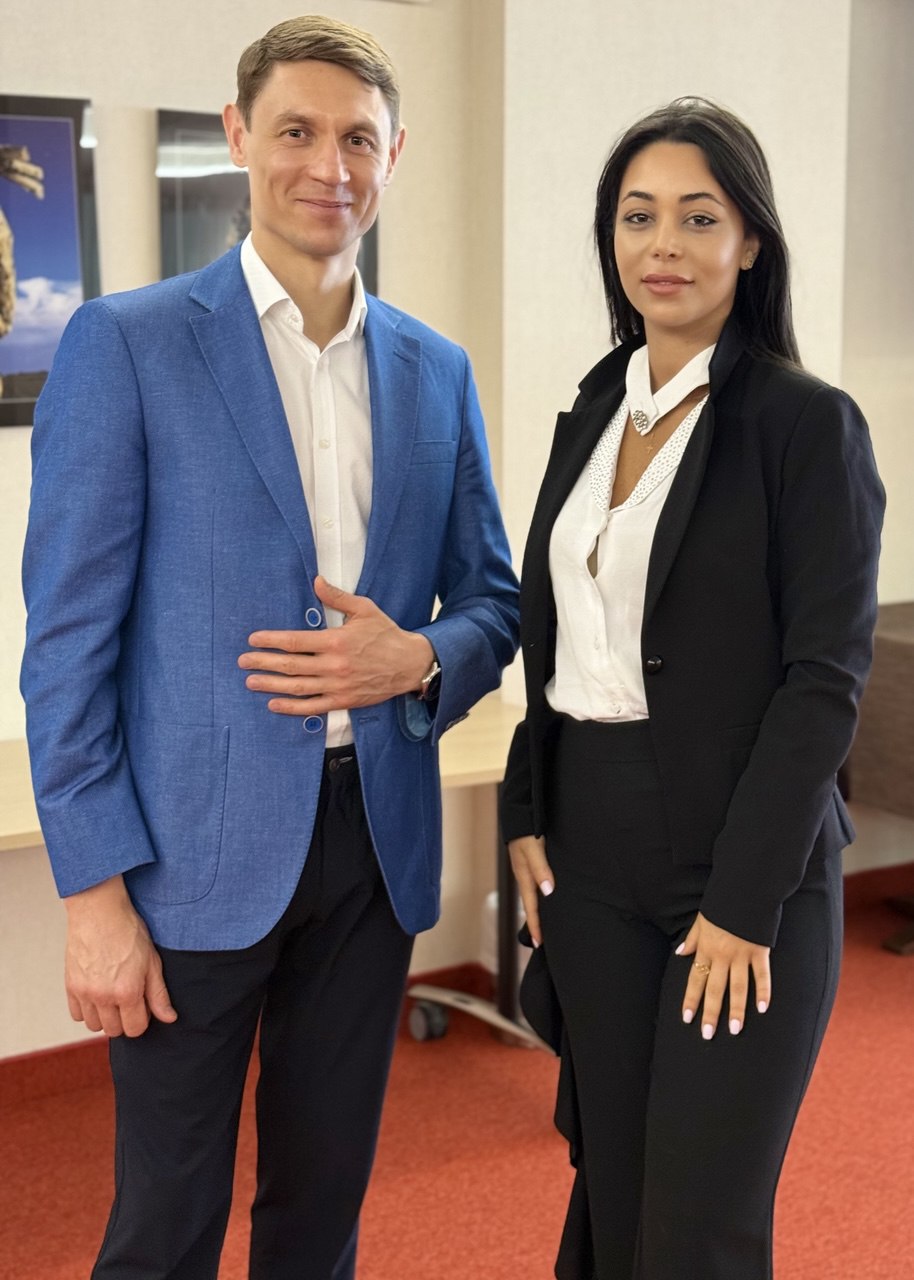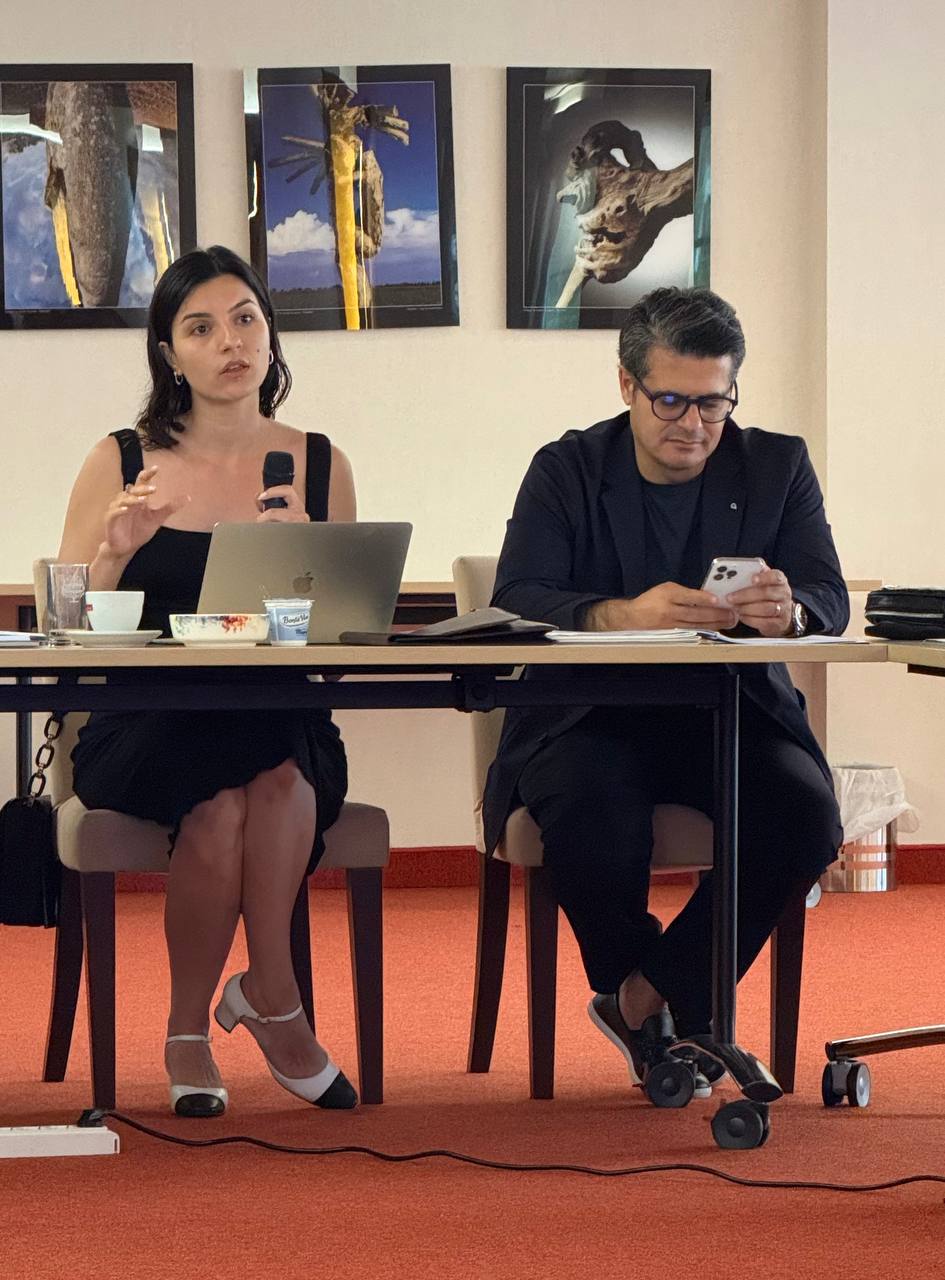
Professional growth in the field of extradition and EAW – Extradition Seminar 2025
On June 23–24, 2025, the VIII International Seminar on Extradition and the European Arrest Warrant took place at the picturesque Lake Iseo in Italy. This landmark event brought together leading lawyers, judges, and experts in the field of international criminal law. Our team was represented as speakers by Tarek Muhammad, Christina Abdel Ahad, Melisa Kurter, and Dr. Anatoliy Yarovyi. They delivered presentations based on their extensive experience in defending extradition cases. Their speeches reaffirmed the status of our specialists as leaders in transnational defense and provided new practical tools to assist clients.

What is EAW and Extradition Seminar 2025?
The EAW and Extradition Seminar 2025 (VIII edition) took place on June 23–24, 2025, on the shores of Lake Iseo in Italy, at the Cocca Hotel. This prestigious international event annually brings together leading experts in extradition law, practitioners, and researchers from the United Kingdom, Germany, Switzerland, Australia, and other countries.
The seminar is organized by the European Center for Continuing Legal Education (ECCLE) and includes a series of closed expert sessions covering current issues of law enforcement, judicial practice, and international cooperation. The training was conducted in the format of interactive seminars with elements of simulation, where participants could not only listen but also take part in the discussion of hypothetical cases and real-life cases.
An additional value of the seminar was participation in a comparative study of judicial processes, as well as informal interaction with leading representatives of the legal community: from lawyers to judges and academic scholars. This event is considered one of the few in the European space where the most sensitive and complex cases of extradition and application of the European Arrest Warrant are discussed within a narrow circle of professionals.
The main topics discussed at the seminar
The theme of the seminar in 2025 covered a wide range of issues related to international and national extradition, the rights of wanted persons, and current challenges in law enforcement.
1. Fundamentals of Extradition: National and International Norms
The participants thoroughly examined the basic legal principles of extradition, including bilateral and multilateral treaties, the role of the European Convention on Extradition, interaction with third countries outside the EU, and procedures applicable within the framework of mutual legal assistance.
2. Judicial practice on EOA
Great attention was paid to the practice of the European Court of Human Rights (ECHR) and the Court of Justice of the European Union (CJEU), including precedents concerning human rights, conditions of detention, and politically motivated warrants. Decisions of national supreme courts were also considered, relating to proportionality, the principle of non-refoulement, and the right to a fair trial.
3. How to contest extradition and the rights of wanted persons
Particular emphasis was placed on practical defense strategies, including the formation of a line of argumentation, filing motions for suspension of extradition, using interstate legal protection mechanisms, as well as working with the CCF Commission.
4. Updates on high-profile extradition cases
The most high-profile and politically sensitive cases were discussed, as well as extradition processes concerning former high-ranking officials on the international wanted list. These cases were used as examples to analyze the boundaries between law enforcement and human rights violations.
5. Illegal forms of extradition
The seminar also addressed shadowy and illegal practices such as extraordinary rendition, unofficial deportation, detentions without notifying lawyers, and violations of Interpol procedures. Participants discussed how such cases can be challenged through international mechanisms and why they pose a threat to fundamental rights.

Extradition in Dubai: International Experience for Your Defense in the UAE
Although the United Arab Emirates is not part of the European Arrest Warrant system, knowledge and strategies have direct practical value for protecting clients in Dubai and other emirates. Extradition is regulated not only by bilateral agreements but also by general principles developed within the framework of international and regional cooperation.
For extradition cases from the UAE, it is especially important to understand the mechanisms of cross-border prosecution, procedural safeguards, and human rights, which were discussed with the participation of lawyers, judges, and international organizations. Many cases related to extradition in Dubai involve elements of financial disputes, cryptocurrency investigations, as well as requests submitted through Interpol. The strategies discussed at the seminar for identifying abuses, filing complaints with international bodies, and protecting client rights regardless of jurisdiction have now become part of our practice in the UAE.
The knowledge we have gained enhances the team’s ability to develop tailored strategies for protecting clients in Dubai, including in complex cases involving multiple countries, when an extradition request is accompanied by a red notice, legal proceedings in the EU, and assets in third countries. This makes us an especially reliable partner in safeguarding clients’ interests within the UAE and beyond.
Interpol and Extradition in the UAE: Current Lessons from EAW & Extradition Seminar 2025
At the seminar, examples of abuse of Interpol mechanisms, cases of politically motivated requests, as well as methods of legal response were examined in detail: from filing a complaint with the CCF to blocking a warrant through national courts. All these approaches are important for practice in the UAE, where the enforcement of red notices is often accompanied by arrests, detentions, and initiation of extradition procedures without sufficient verification of grounds.
In addition, the seminar provided a unique opportunity to exchange experiences with colleagues from various jurisdictions facing similar challenges: insufficient legal clarity of notifications, the absence of an appeal mechanism, and difficulties in proving the political motivation of a case. This knowledge is especially useful in defending clients in the UAE, who face international pressure and the risk of deportation through informal channels.
The seminar demonstrated how critical it is for a lawyer to be able to work at the intersection of jurisdictions and systems, to use norms of international law even in countries with different procedures. Thanks to participation in the seminar, our lawyers are now equipped with the most modern defense strategies for Interpol cases, including cases arising in the UAE or affecting Emirati interests.
We are already applying this knowledge in practice: in risk analysis before arriving in the country, submitting requests for suspension of notifications, negotiations with local authorities, and representation in UAE courts.

Why trust lawyers participating in international legal seminars
International seminars and conferences are not just academic events. For practicing lawyers, participation in such events means access to the latest legal trends, the opportunity to exchange experiences with colleagues from other countries, and the continuous development of professional skills, without which effective defense in transnational cases is impossible.
The lawyers of our team presented practical cases at the seminar, based on their many years of defending clients in matters of issuance and challenging EAW warrants. Their presentations sparked interest among experts from various countries and became part of a broad discussion about the future of extradition law in Europe.
Why is this important for clients?
- You can be confident that the protection is built on the basis of current international experience, not outdated approaches.
- Your lawyer understands how extradition mechanisms work in different countries and is able to use this knowledge to your advantage.
- A team that regularly participates in seminars of this level is able to respond to legislative changes and judicial practices faster than others.
- Such a lawyer has networking contacts with foreign colleagues, which is critically important in cases involving multiple jurisdictions.
And finally, participation in the seminar is a manifestation of professional ethics and a commitment to continuous growth. We are convinced: the client deserves protection based on knowledge and relevance, not on guesses and outdated information.
How we help clients with EAW and extradition issues
Our team provides a full range of legal assistance on extradition and EAW warrants both within the EU and beyond. We support clients at all stages: from preliminary consultations and risk assessment to court defense and filing appeals.
We help:
- Analyze the legality of an arrest warrant or extradition request;
- Identify and use grounds for refusal to execute a warrant (political motivation, human rights violations, lack of dual criminality, etc.);
- To challenge warrants in national courts, as well as to appeal to the ECHR and other international instances;
- Interact with lawyers and government authorities in other countries;
- Prepare documents in all languages necessary for effective protection;
- Accompany cases related to Interpol red notices.
Our lawyers do not just apply the norms of the law; they participate in their discussion on international platforms, understand their evolution, and sense future trends. After speaking at the EAW and Extradition Seminar 2025, we returned with new practical solutions that are already being used in work with clients across Europe.
If you are facing the risk of extradition, an arrest warrant, or require defense in a transnational criminal case—contact us as soon as possible. Get in touch with us right now to receive professional consultation on your case.





